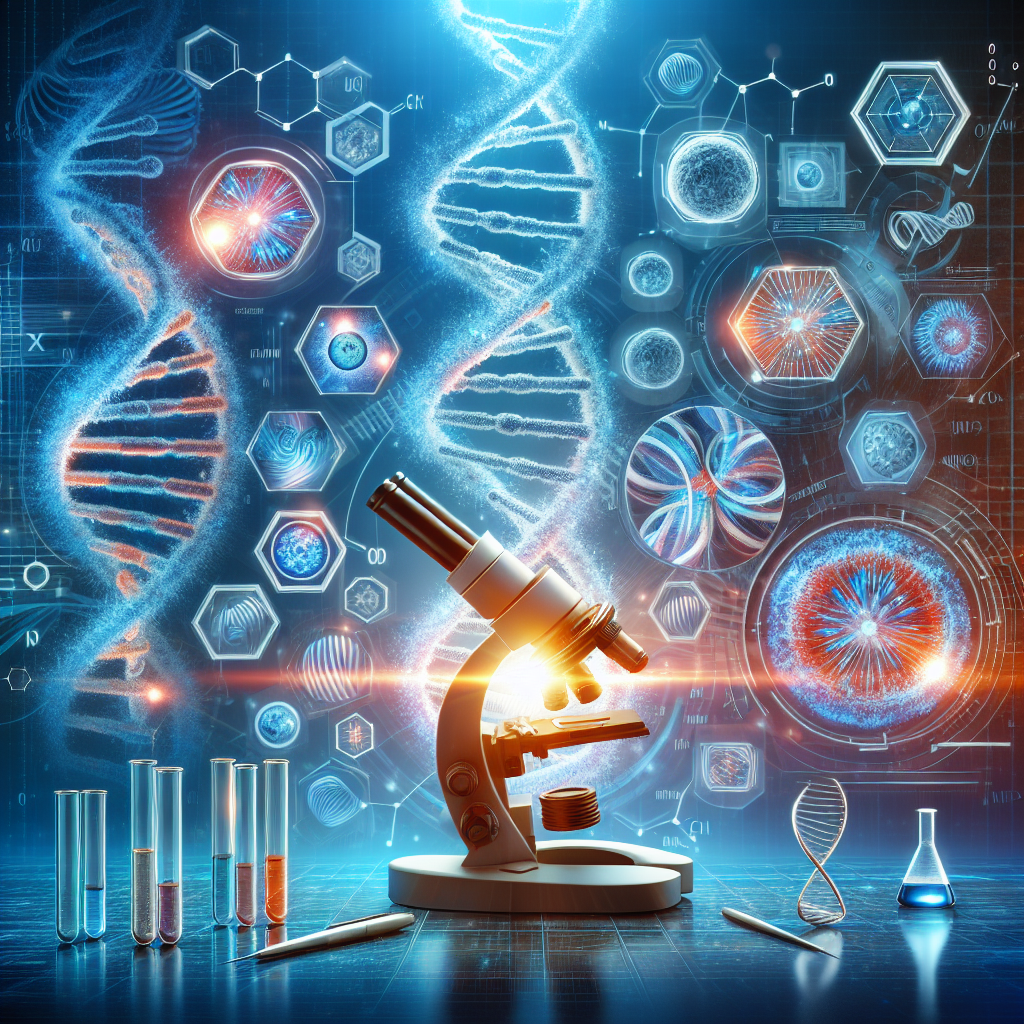Unravelling Our DNA: Groundbreaking discoveries in Genetic Science
The Genetic Blueprint
With the mapping of the human genome in 2003, scientists uncovered the genetic blueprint that governs our physical and biological structures. This marked a significant breakthrough in the field of genetics, revealing the astounding complexity of the genetic code.
The Plasticity of Genes
Fast forward to the present, scientists stunned the world with the discovery that genes are far from being static instructions. Instead, they are dynamic and can change their functions, a phenomenon known as plasticity. What causes these genetic alterations? Researchers found that the environment, lifestyle, and even our thoughts could prompt these changes.
Gene Editing and CRISPR-Cas9
In the sea of genetic discoveries, the advent of gene-editing technology stands out. Specifically, the development of the CRISPR-Cas9 system. It enables scientists to cut, paste, and modify DNA components with unprecedented ease. This innovation has opened new frontiers in disease treatment, with scientists using CRISPR to potentially edit out genetic disorders and eradicate inherited diseases in the future.
Gene Editing in Humans
In an awe-inspiring yet controversial step, Chinese researcher He Jiankui reported that twin girls were born following his experiment in editing their genes while they were embryos. His aim was to make them immune to HIV. Though it sparked ethical debates, the incident undeniably carved a path in the courageous journey of human gene editing.
Epigenetics: Beyond the Genome
Our scientific understanding of inheritance got flipped with the rise of epigenetics. Epigenetics centers on changes in organisms caused by gene expression modification rather than alteration of the genetic code itself. Simply put, it implies that our lifestyle and environmental exposures can affect our genes— and these changes can even be passed onto our offsprings.
Epigenetic Inheritance
Indeed, an earth-shattering discovery was that of epigenetic inheritance. It suggests that our life experiences, such as stress or nutrition, can affect our children’s and grandchildren’s genes. Ancestors’ experiences leaving traces in our DNA is an idea that defies traditional genetic theory.
Epigenetic Therapies
The understanding and manipulation of epigenetic mechanisms have opened new possibilities for treatments. Epigenetic therapies, particularly with cancer research, are beginning to show promising results.
The Microbiome-Genetics Interplay
Recently, it has been found that our microbiome, the community of microbes that inhabit our bodies, interacts incredibly closely with our genes. Our DNA might even influence what kinds of microbes live within us. This realization has broad implications on health and disease, from obesity to mental health.
Genetic Predisposition and Gut Health
Research shows that the composition of our gut microbiota influences how we digest food, our susceptibility to disease, and even our mood! The bridge between our genome and microbiome has just begun to be explored, promising exciting developments in the near future.
Unearthing Ancient DNA
Another stunning advancement is in the field of ancient DNA. Scientists can now extract and sequence DNA from ancient remains. Hence, we can investigate genetic makeup from historical human populations, extinct species, and pathogens. This technology has revolutionized our understanding of human history, evolution, and migration.
Unlocking the Mysteries of Neanderthals
By sequencing Neanderthal DNA, for instance, scientists learned that modern humans outside Africa have about 2% Neanderthal DNA, hinting at a complex shared history of interbreeding. These discoveries present us with a unique window into our ancient past.
Each milestone in genetic research transforms our understanding of life. Given the pace of advancements, no doubt the future holds more genetic revelations ready to leave us amazed and inspired.
